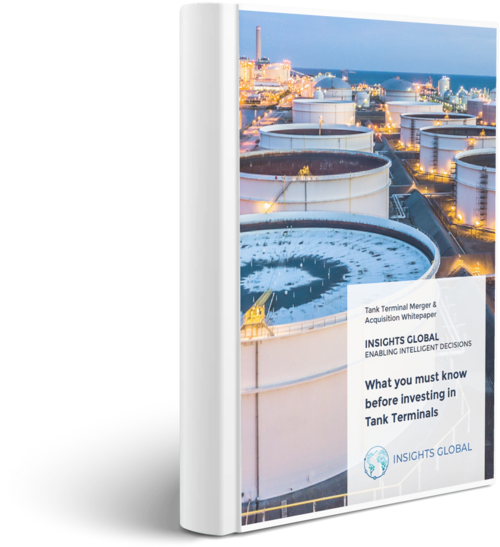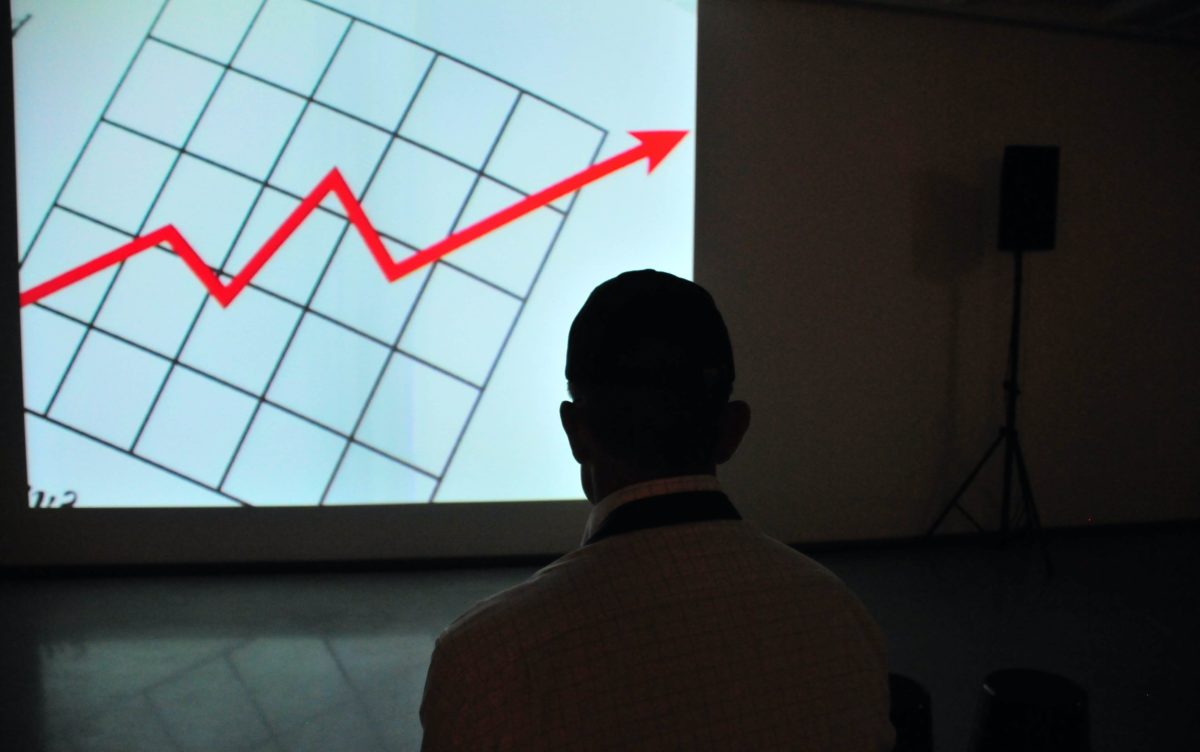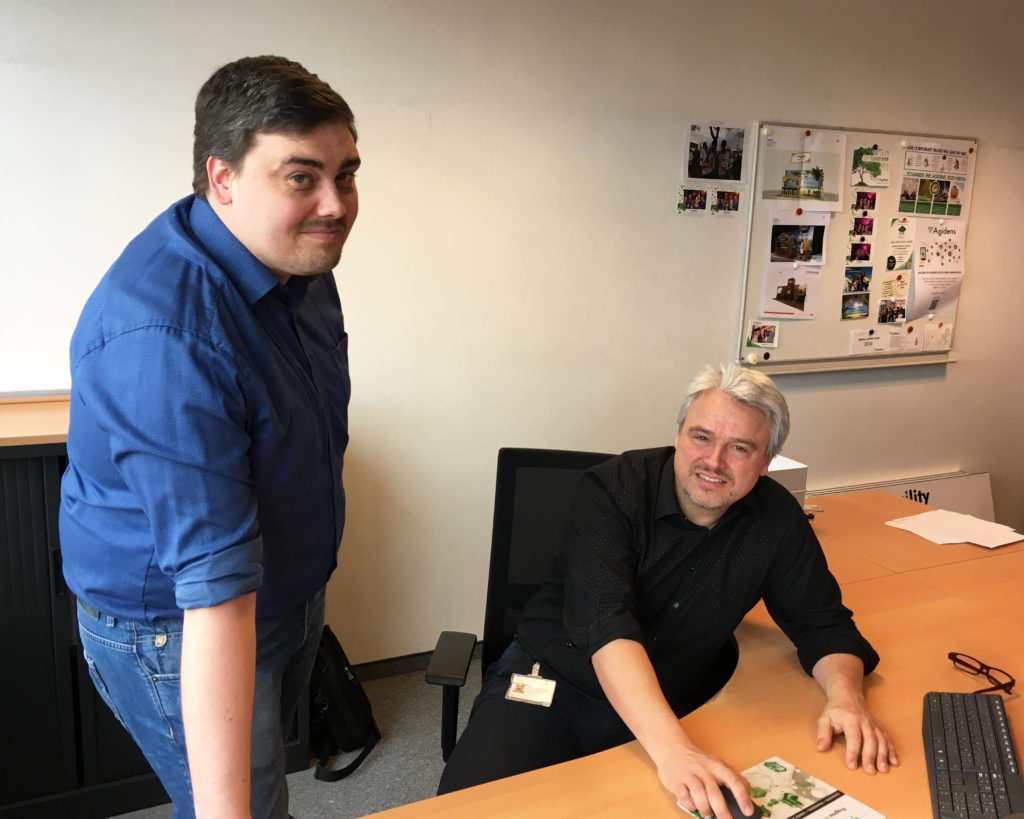We often see investors flocking to lower-risk investments during economic uncertainty, such as government bonds, real estate, and infrastructure. Therefore, it’s hardly surprising that we are seeing a significant uptick in interest for tank terminals investments.
Is investing in a tank terminal also something you should consider? While in most cases the answer will be a sounding ‘yes,’ it will pay dividends to first learn more about the exciting world of tank terminals. Let’s take a look at the top 5 reasons why you should invest in a tank terminal.
1. Tank terminals have typically always been a very profitable industry, with high return of investments and a low-risk profile
When we take a look at the profitability of tank storage companies over the past decades, they show in general very positive numbers. For example, Vopak, the worldwide market leader in tank terminals, has consistently demonstrated high EBITDA and EBIT percentages over the last 15 years; an excellent track record that most companies from other sectors can only dream of.
2. Tank terminals benefit from gross trade and product imbalances
As our national economies become more intertwined, gross trade keeps growing consistently. For some sectors, this increased gross trade and consequent product imbalances cause challenges. Because tank terminals are key in facilitating gross trade and correcting product imbalances, an increase in gross trade actually presents new business opportunities.
3. By using tank terminals as ‘forward stocking’ locations, products owners can save a considerable amount of supply chains costs
Tank terminals are not just about storage; smart product owners know that they can also leverage them as forward stocking locations.
Let’s say there is a South African refinery that has contracts in place with 20 European customers, selling them 10 tons of product per year each. The refinery could choose to ship 20 times 10t of product from South Africa to its individual customers in Europe. However, a smart product owner will ship the 200t of products to Europe in a single load, rent a tank in the region, and distribute the product when the customers need it. The cost advantage of the second option is huge; keep in mind that vessel costs are much higher than storage costs.
As pressure on supply chains to become more efficient is constantly rising, this forward stocking function of terminals will only become more important in the future.
4. As GDP is expected to keep on growing, it is also likely that gross trade keeps on growing
Historically speaking, there has always been a strong correlation between GDP and gross trade. If we take chemicals as an example, we have seen that historical chemical consumption growth percentages routinely exceed the GDP growth percentages. The main reason is that chemicals are heavily integrated into our daily lives and that chemicals have replaced other materials like wood, steel, paper, and glass.
5. Tank terminals are part of the supply chain of different value chains, like oil, gas, chemicals, and vegetable oils.
The location of a terminal is a very critical factor in determining the attractiveness of a terminal; if a terminal is located close to the sea is on average more attractive compared to more inland located terminals, as it saves time from marine vessels’ perspective and larger vessels can access the terminal.
What’s next?
These top 5 reasons are just the start. To become a successful investor in the tank terminal industry, there is still much more to learn.







